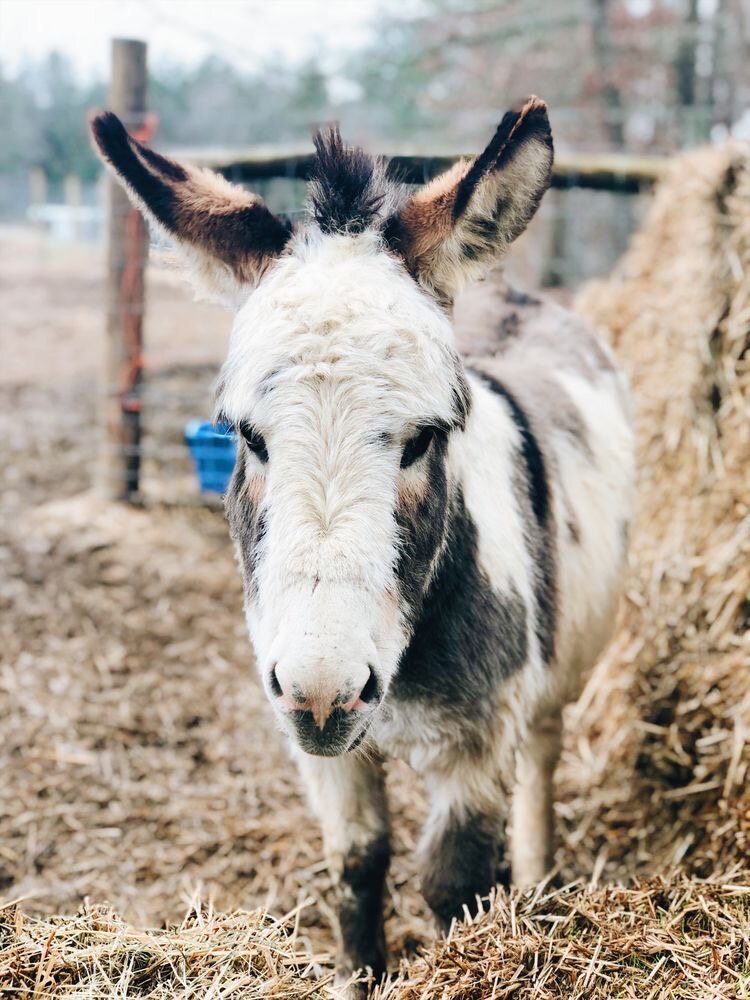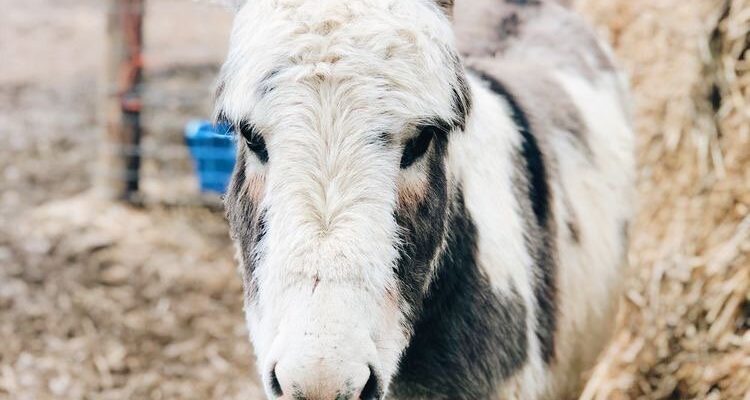
Here’s the thing: owning a donkey isn’t just about enjoying their quirky nature. It also involves understanding zoning laws, permits, and health regulations specific to your area. In some places, these regulations can be as strict as a librarian shushing a noisy kid. So, let’s dive into what you need to know about the legal considerations for keeping donkeys.
Understanding Local Zoning Laws
Before you bring a donkey home, the first step is to check your local zoning regulations. Zoning laws dictate what types of animals you can raise on your property. Think of them as the neighborhood watch for livestock. Some areas may only allow certain animals in designated agricultural zones, while others are more lenient. This means your suburban backyard might not be the best place for a donkey.
Each city or county has its own set of rules, and sometimes even specific neighborhoods have additional restrictions. For instance, you might find that a property located in a residential area is not permitted to keep donkeys, while a similar property just a few blocks away could have no such limitations. It’s essential to do your homework by checking with your local planning or zoning department. You wouldn’t want to face fines or, worse, be forced to rehome your new friend after they’ve settled in.
Permits and Licensing Requirements
Once you confirm that it’s legal to keep donkeys in your area, the next step is figuring out if you need any permits or licenses. In some regions, you may be required to obtain a specific animal permit for keeping donkeys. This is similar to a pet license but often involves more detailed regulations, particularly because donkeys are classified as livestock.
The requirements for permits can vary significantly. Some places may only need you to fill out a form and pay a small fee, while others may require inspections of your property to ensure it’s suitable for donkeys. So, it’s a good idea to reach out to your local agricultural office or animal control to gather all the necessary information before bringing home your furry companion. It’s better to be safe than sorry!
Health and Welfare Regulations
Keeping donkeys is not just about the fun; it also comes with responsibilities, especially regarding health and welfare regulations. Most areas have specific laws designed to ensure that animals are cared for properly. This can include mandates for adequate shelter, nutrition, and veterinary care. It’s a lot like having a responsibility to feed your goldfish—there are basic needs that must always be met.
For example, you might be required to keep a clean living space for your donkey, which means regular waste management and ensuring their living area is safe and secure. Additionally, some jurisdictions might require annual health checks by a veterinarian, or they may have vaccination requirements. Understanding these regulations not only helps you avoid legal trouble but also ensures your donkey leads a happy, healthy life.
Neighborhood Covenants and Restrictions
Apart from local laws, if you live in a planned community or development, there might be additional neighborhood covenants or restrictions to keep in mind. These can be more like house rules among a group of homeowners that dictate what can and cannot happen on your property. For example, a homeowners’ association (HOA) might prohibit livestock of any kind, including donkeys.
It’s crucial to review any homeowner agreements you’ve signed when moving into your house. Nobody wants to be the neighbor who causes a ruckus! If you’re unsure about the rules, don’t hesitate to reach out to your HOA or neighborhood committee. They might even surprise you with their willingness to accommodate your donkey dreams if you pitch it right.
Insurance Considerations for Donkey Owners
Now that you’ve checked the laws and regulations, let’s talk about insurance. While it might sound boring, having the right coverage is a significant aspect of donkey ownership. It’s not just about protecting your property; it’s also about liability. Imagine if your donkey decided to take a leisurely stroll down your street—there could be potential accidents, and you don’t want to get stuck with hefty bills.
Many homeowners’ insurance policies might not cover livestock, which means you might need to get specialized farm or livestock insurance. This kind of insurance often includes coverage for veterinary expenses, property damage, and liability in case of accidents. Think of it as a safety net that catches you if your donkey gets into mischief. Always consult with your insurance agent to see what options are available.
Community and Neighbor Relations
Keeping donkeys can be a fantastic experience, but it’s essential to consider how it affects your neighbors. Some people love the idea of having donkeys nearby; others might not share the same enthusiasm. Communication is key here. Letting your neighbors know about your plans and addressing any potential concerns can go a long way in fostering a harmonious living environment. It’s like inviting friends over for coffee—good communication sets the stage for a positive relationship.
Consider organizing a small get-together to introduce your future donkey to the neighborhood. Sharing your excitement and educating your neighbors about these lovable creatures might help alleviate any concerns they might have regarding noise, smell, or safety. Plus, it could turn into a fun community event that everyone looks forward to!
Finding Support and Resources
Finally, navigating the world of donkey ownership can feel overwhelming, but there are plenty of resources available to help you along the way. Various local and online groups offer support for donkey owners, sharing best practices, legal advice, and even fostering a sense of community. Think of it as a club for fellow donkey enthusiasts where you can exchange tips or find a vet who specializes in donkey care.
Additionally, many states have agricultural agencies that can provide specific insights into legal considerations for keeping donkeys. Don’t hesitate to lean on these resources; they exist to help you succeed and enjoy your adventure as a responsible donkey owner.
Wrapping this up, keeping donkeys can be a delightful venture, brimming with companionship and joy. But first, you need to clear the legal hurdles that come along with it. By making sure you understand the zoning laws, permits, health regulations, neighborhood rules, insurance needs, and community relations, you’ll set yourself and your future donkey up for success. Here’s to hoping you and your future donkey find your way to a happy, legal home together!

